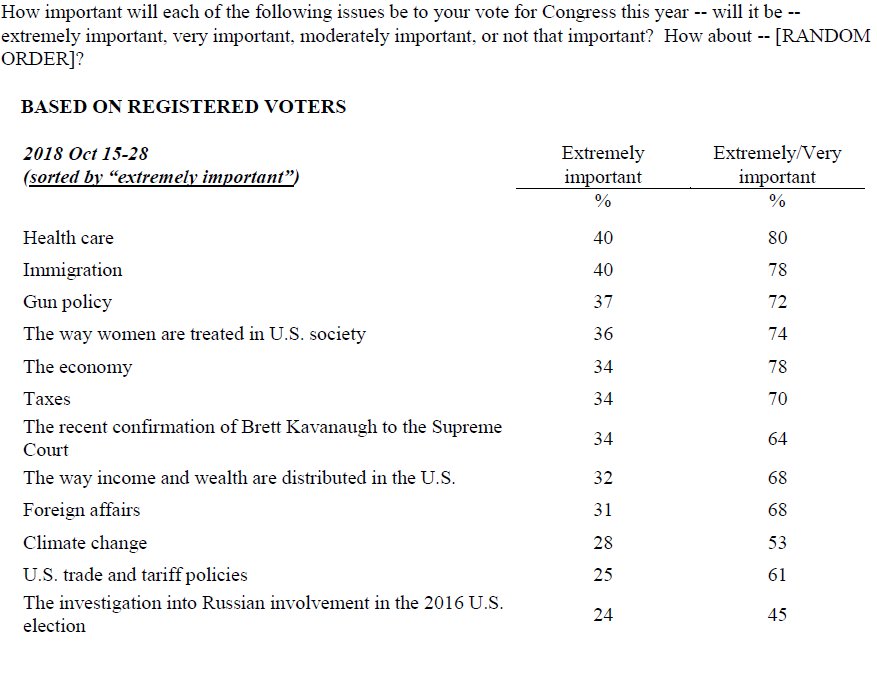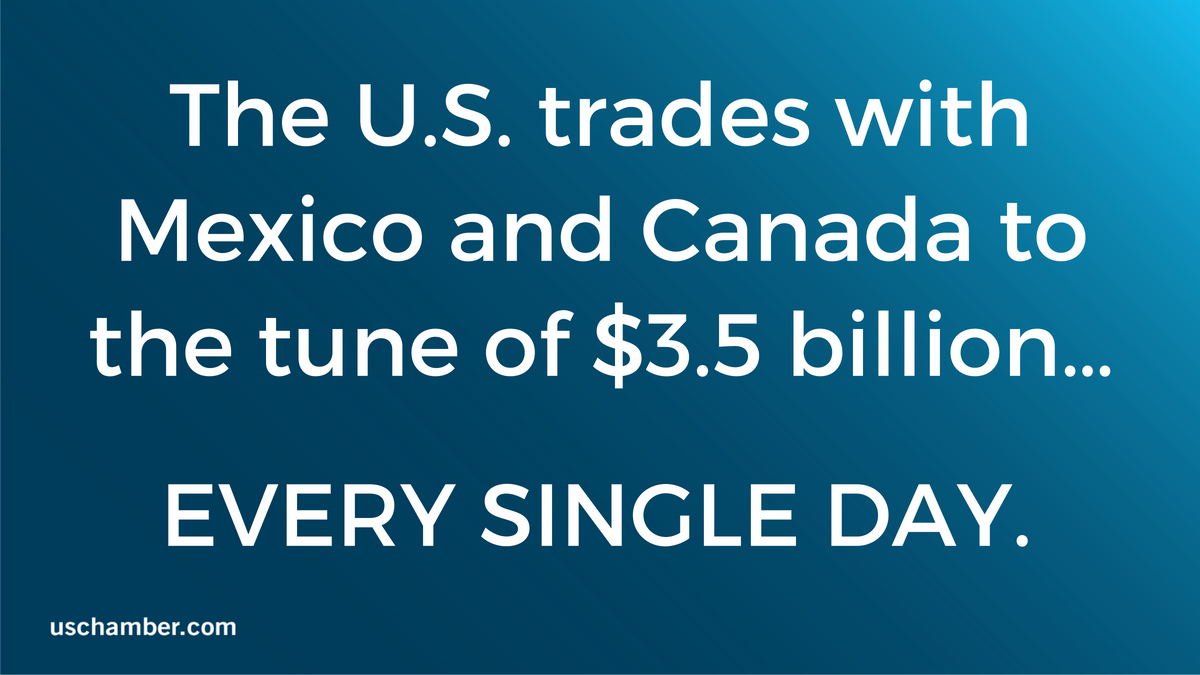Here's a thread on developments of the last 24 hours - including Pence's Canadian visit, Lighthizer's submission of NAFTA text to Congress, and Trump's impetuous launching of a trade offensive against Mexico...
mcclatchydc.com/latest-news/ar…
Poison pills that make Democrats and Mexicans the problem.
speaker.gov/newsroom/53019/
speaker.gov/newsroom/house…
whitehouse.gov/briefings-stat…
medium.com/@toddntucker/a…
fas.org/sgp/crs/natsec…
Who thinks THIS Senate will stand up to Trump?
nymag.com/intelligencer/…
amazon.com/dp/B07BSGN1GG/…)
oyez.org/cases/1980/80-…
casetext.com/case/united-st…
Though it technically predated IEEPA, my reading is that the court's reasoning would still be valid under the TWEA as amended.
treasury.gov/resource-cente…
This puts us, in Justice Robert Jackson's words from Youngstown v. Sawyer (1952), in a "zone of twilight" - and one we can't expect the courts will save us from.
oyez.org/cases/1940-195…
politico.com/story/2019/04/…
Of course, it's been a while since presidents have acted in ways that might trigger these precedents. Since the Roberts Court didn't block the #MuslimBan, all bets are off.
lawfareblog.com/new-challenge-…
rooseveltinstitute.org/tweetstorm-on-…










